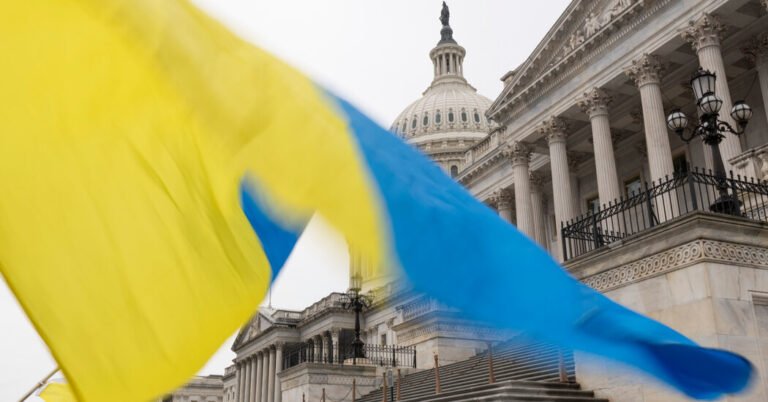In this environment, Haass wrote:
our foes sense opportunity; our friends and allies are beginning to hedge and will have to choose some mix of accommodating powerful neighbors, becoming more self-reliant and/or finding alternative partners. The result will be a world of diminished U.S. influence and diminished order, all of which will come back to haunt us.
The bigger problem, Haass pointed out,
is that we have become unreliable and unpredictable. It is not a matter of capability, although we are short of what we need, given the many challenges, but rather will and consensus, even when the costs are relatively modest. We are seeing a resurfacing of classic isolationism, mostly on the MAGA, i.e., Republican, right.
Andrew Bacevich, a professor of international relations and history at Boston University and the chairman of the Quincy Institute, responded to my queries by email:
Ordinary Americans are increasingly doubtful that the burdens of global leadership are worth bearing. Events since 9/11 have undercut public confidence in establishment thinking regarding America’s role in the world. That Trump’s views attract as much support as they do from ordinary citizens is an indication of the extent to which the establishment has forfeited public support.
Polling conducted annually by the Chicago Council on Global Affairs shows a recent sharp decline in support for the engagement of the United States in international affairs. From 1974 to 2020, the share of Americans surveyed agreeing that “it will be best for the future of the country if we take an active part in world affairs” barely changed, going to 68 percent from 67 percent.
That abruptly shifted over the next three years as the percentage supporting the United States taking an active role in world affairs steadily declined by 11 points, to 57 percent. The drop cut across partisan groups: Democrats by eight points, independents by 10 and most precipitously among Republicans, a 17-point drop to 47 percent from 64 percent.
The Chicago Council noted that in the 49-year history of the survey, “for the first time, a narrow majority of Republicans (53 percent) say the United States should stay out of world affairs rather than taking an active part (47 percent).”
“The fundamental reason for the change in Republican attitudes on Ukraine, Russia and indeed in their overall worldview, is simple: Donald Trump,” Ivo Daalder, the chief executive of the council, wrote by email, adding:
Trump is unlike any Republican Party leader since the 1930s. Trump was the first postwar president not to embrace America’s global leadership role — rejecting security alliances, open markets and the defense of democracy and human rights that have been at the very core of American foreign policy since 1945, supported by presidents of both parties.
There are experts who contend, however, that the trend toward insularity and America withdrawal began well before Trump became a dominant political figure.
Ian Bremmer, an adjunct professor of international and public affairs at Columbia and the president of Eurasia Group, a political risk research and consulting firm, wrote by email:
A decade ago, I suggested we were heading into a G-Zero world, where the United States would no longer be the global policeman, architect of global trade or promoter of global values, and that no other country would be able to step into the shoes of the Americans. We’re clearly there today.
I asked Bremmer whether declining support for aid to Ukraine reflected a larger trend among Americans. He replied:
It reflects an understanding that the average American no longer believes that their political leaders effectively represent them and accordingly doesn’t want to support a globalist agenda. To the extent that political divisions in the United States undermine the projection of power of the country, this is a realistic assessment.
Joseph Nye, a former dean of Harvard’s Kennedy School, argued in an email that “the trends in U.S. power resources show up and down over the American Century, but compared to China, (our nearest peer competitor), we are still ahead.”

